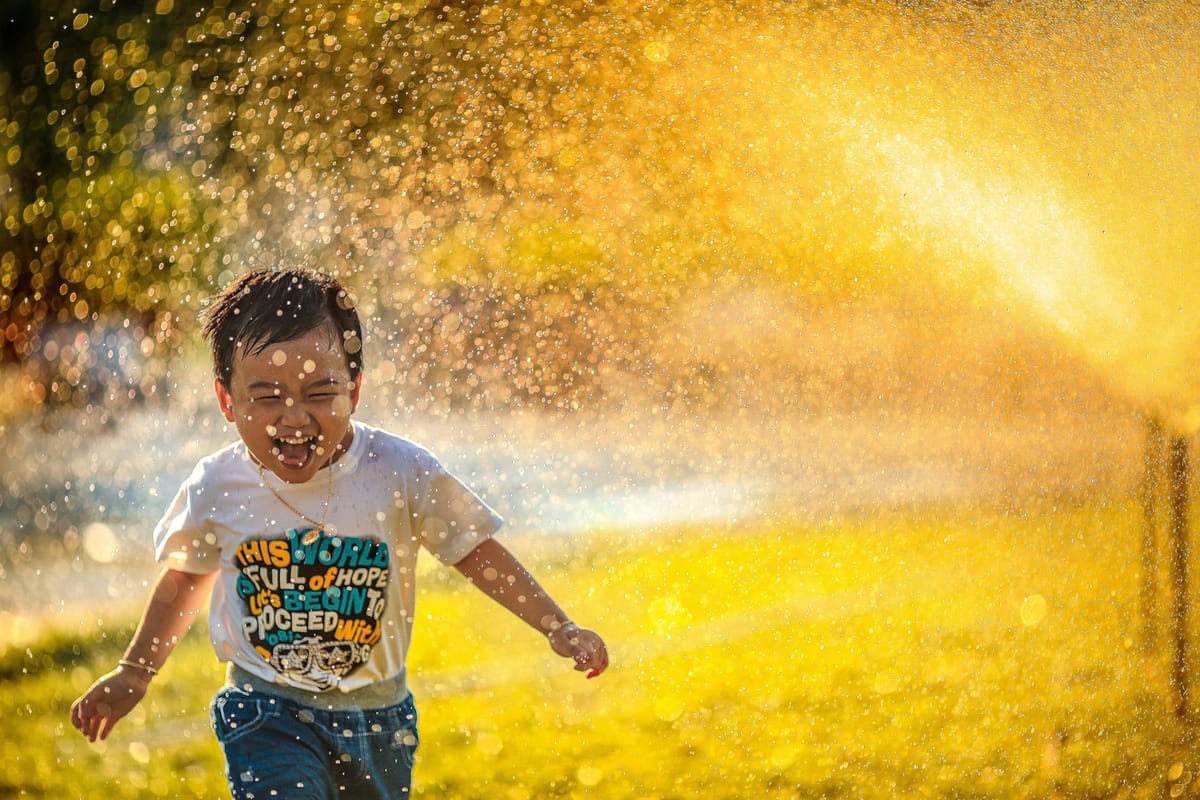How Cartoons Affect a Child

Cartoons play a significant role in the lives of modern children and have an impact on their emotional, cognitive, and behavioral development. Here's how cartoons can affect a child:
- Educational impact: Many children's cartoons are designed with pedagogical principles in mind and contain educational elements. They can help children learn numbers, letters, shapes, colors, and other basic concepts.
- Development of imagination and creativity: Cartoons often contain bright and colorful worlds that stimulate children's imaginations. Diverse characters, adventures, and plots can inspire children to think creatively and engage in playful activities.
- Formation of values and moral lessons: Many cartoons incorporate moral lessons and values such as friendship, honesty, tolerance, respect for others, etc. They can help children understand how to make the right decisions and behave in different situations.
- Impact on emotional state: Some cartoons can evoke various emotions in children, from joy and fun to sadness and fear. It's important to choose content that's appropriate for the child's age and sensitivity to avoid negative impacts on their emotional state.
- Impact on behavior and lifestyle: Prolonged and excessive watching of cartoons can affect children's behavior and lifestyle. For example, excessive screen time can lead to decreased physical activity, problems with concentration and attention, as well as drowsiness and fatigue.



